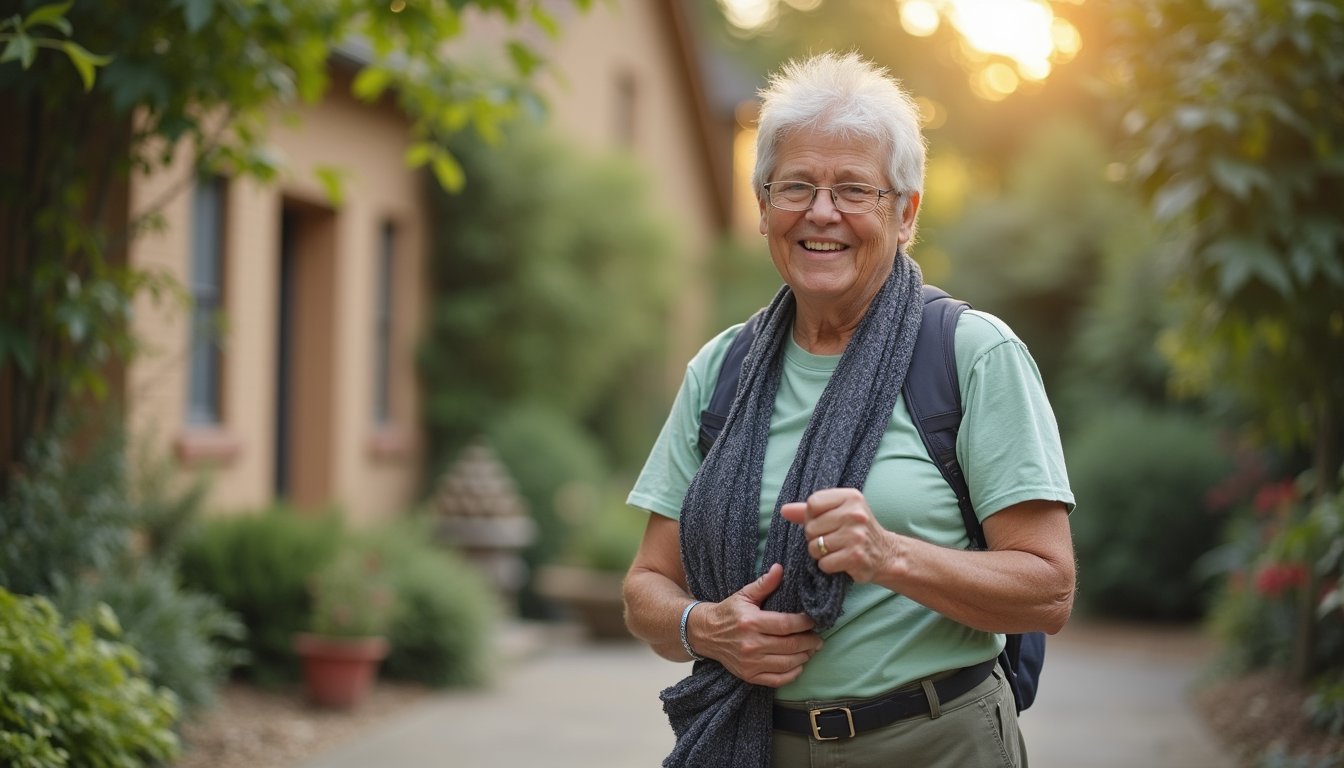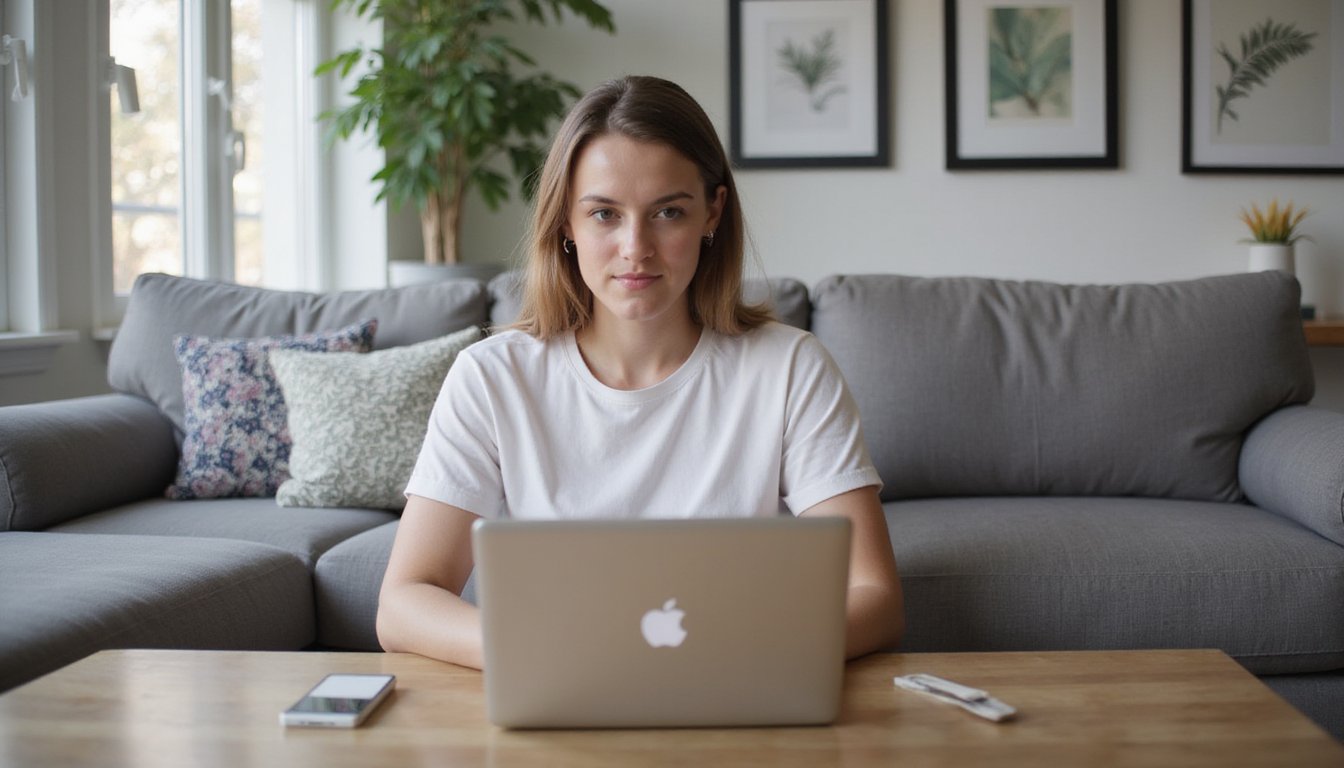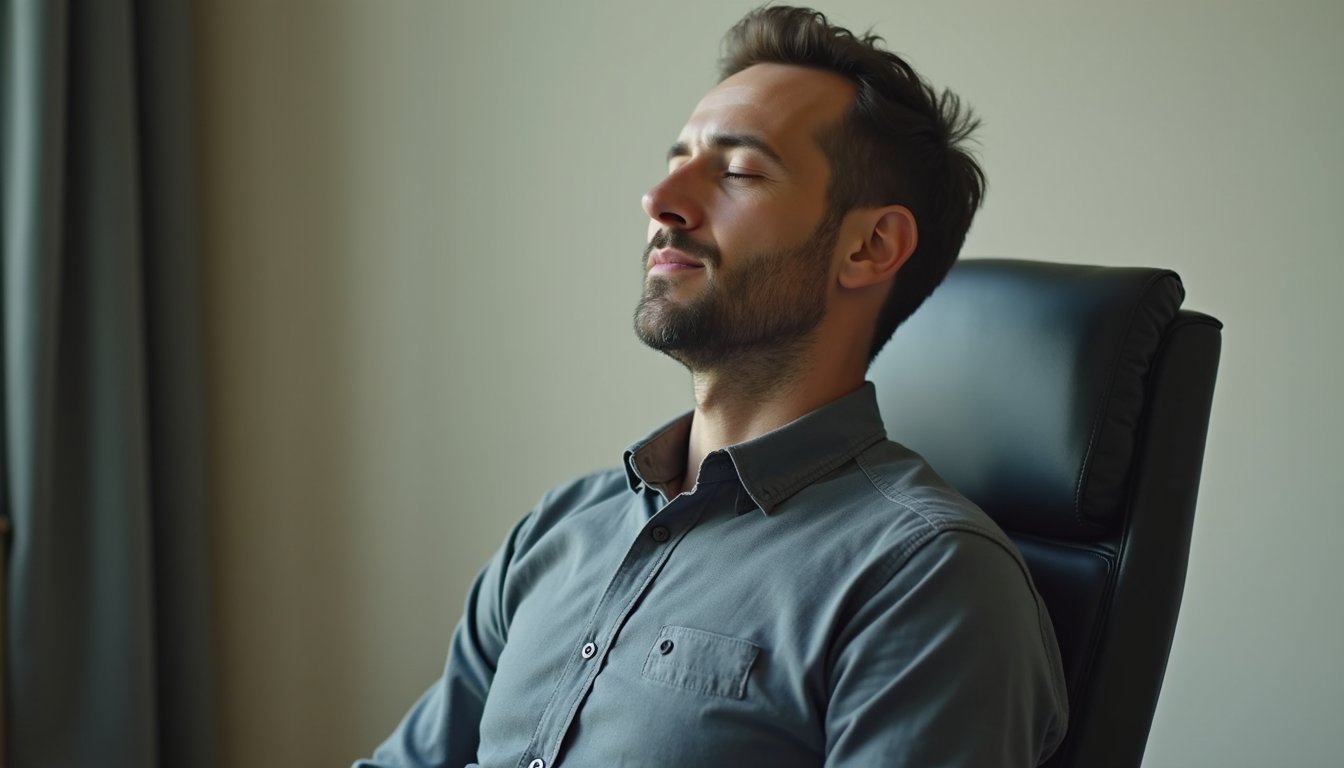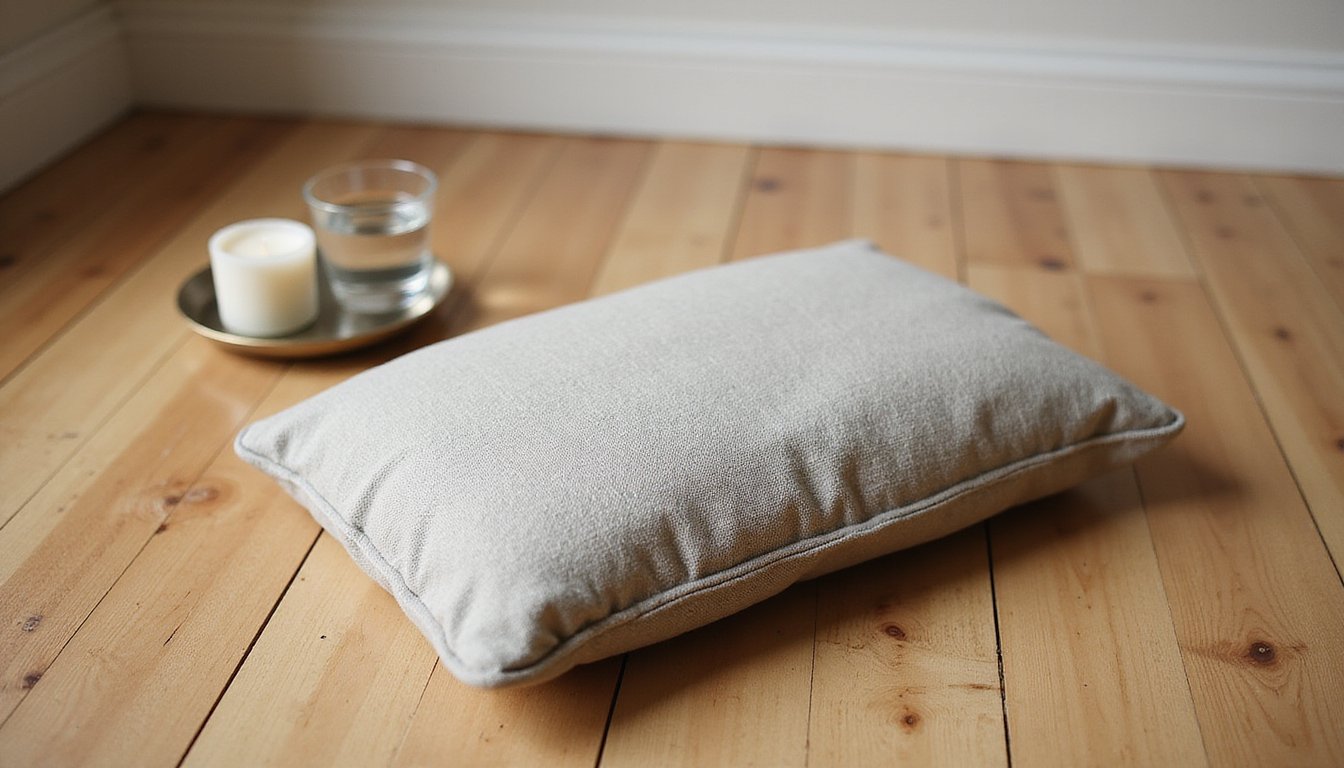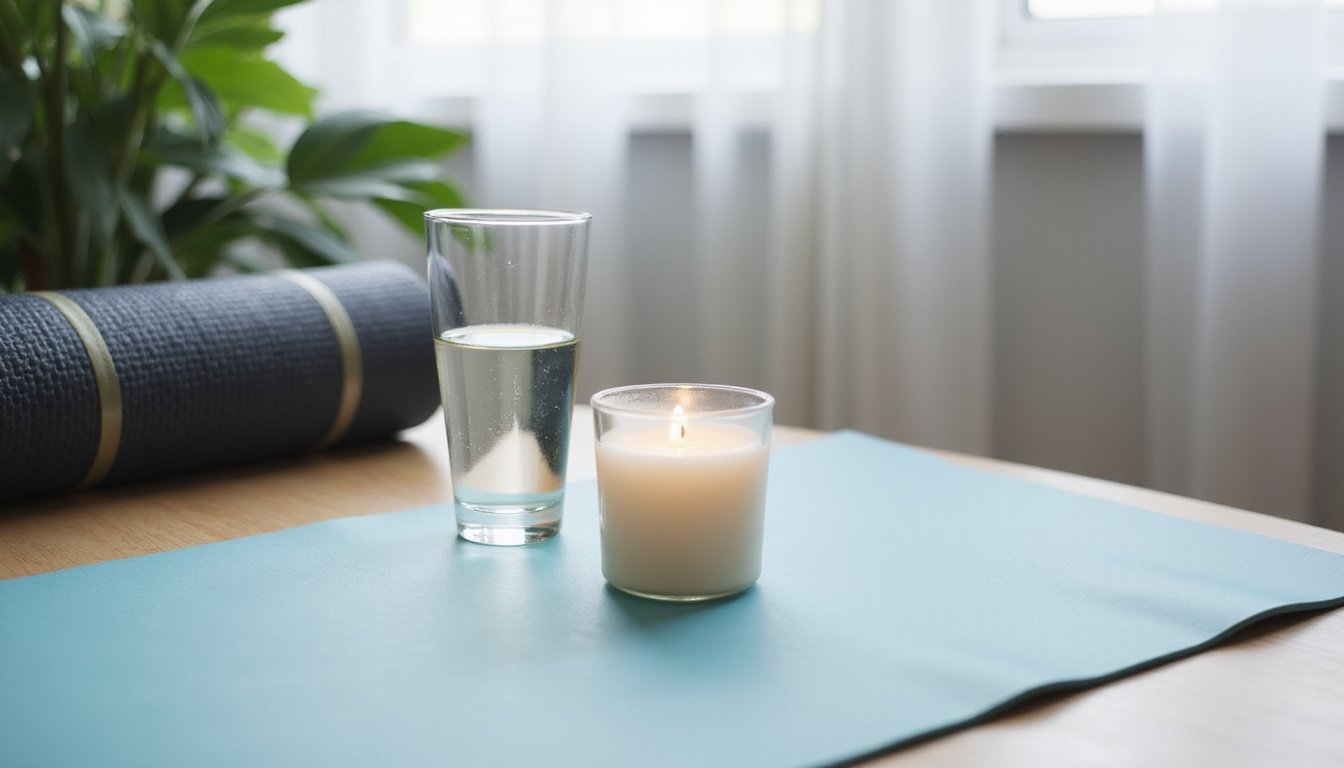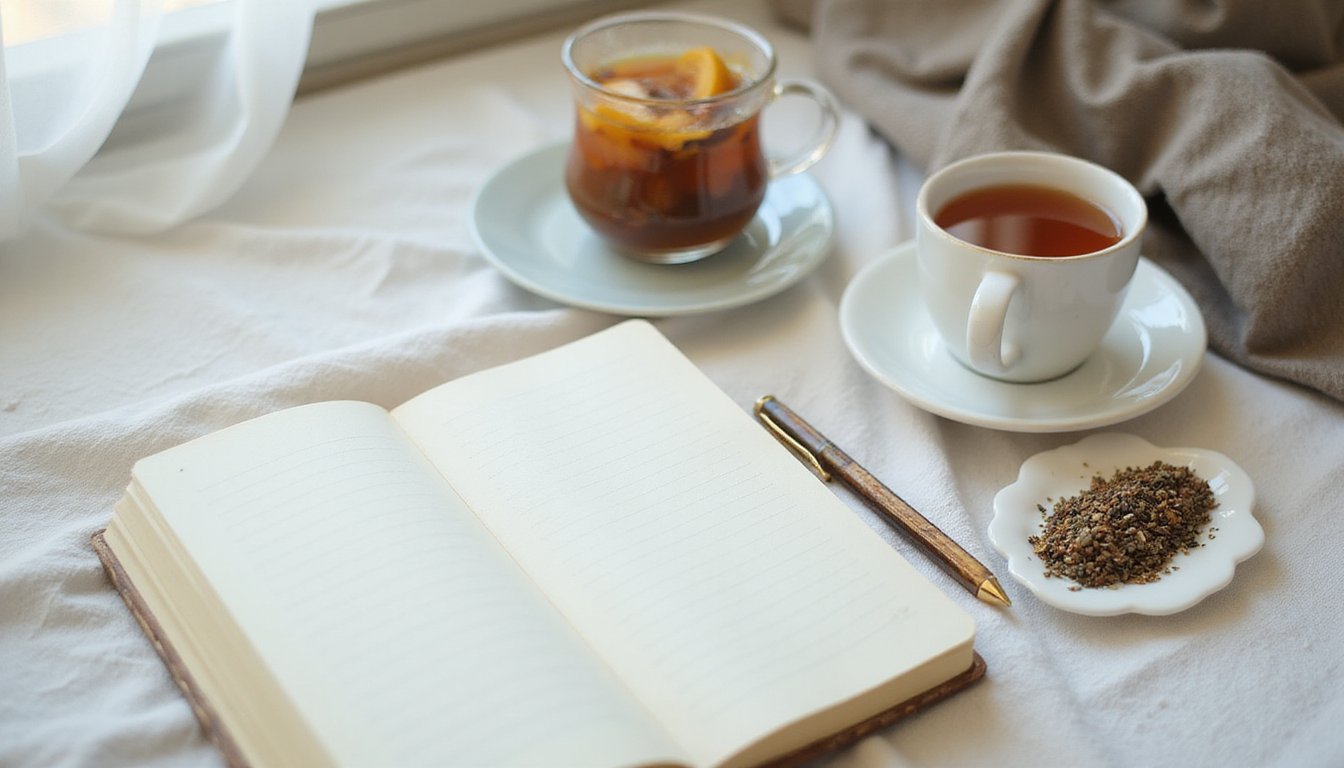Research-backed coping skills can help you effectively manage daily anxiety through a multi-faceted approach. Start with mindful breathing exercises to regulate your nervous system, then incorporate cognitive behavioral techniques to reframe anxious thoughts. Regular physical exercise, especially 20-60 minute sessions three times weekly, substantially reduces anxiety symptoms. Building consistent daily routines and maintaining strong social connections further strengthen your anxiety management toolkit. Understanding these evidence-based strategies will equip you with powerful tools for lasting relief.
Understanding the Science Behind Daily Anxiety
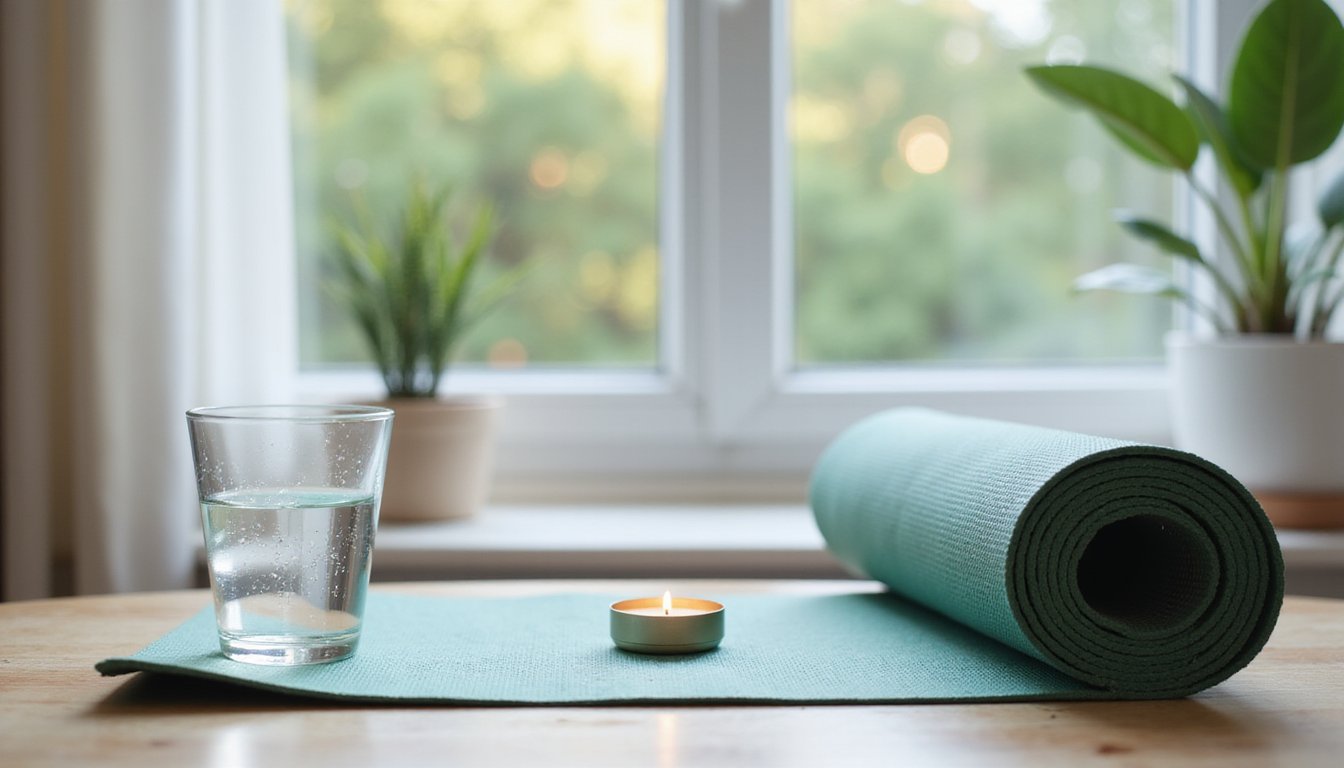
While anxiety feels like an overwhelming emotional experience, it stems from precise neurobiological mechanisms in your brain. When you’re anxious, your amygdala activates, triggering a cascade of stress responses through your HPA axis, releasing cortisol and disrupting your attentional control. This reaction impairs your cognitive flexibility and executive functioning in the prefrontal cortex. Left untreated, these biological responses can lead to cardiovascular problems over time.
Your brain’s stress response system can become sensitized over time, making you more susceptible to future anxiety episodes. You’ll notice changes in neurotransmitter activity, particularly decreased serotonin and GABA levels, alongside increased norepinephrine. These neurobiological changes explain why you might experience persistent worry, difficulty concentrating, and heightened threat perception. Understanding these mechanisms helps explain why anxiety affects both your emotional and cognitive functioning. Research shows that practicing mindfulness-based interventions can effectively reduce anxiety symptoms by helping regulate these neurobiological responses. Studies have demonstrated that incorporating yogic breathing techniques into your daily routine can significantly decrease symptoms of various anxiety disorders.
The Power of Mindful Breathing and Relaxation
Although managing anxiety can feel overwhelming, scientific evidence strongly supports mindful breathing as an effective coping strategy. Research shows that controlled breathing exercises, particularly cyclic sighing, can considerably reduce anxiety levels and improve your mood. The physiological impact is clear: slower breathing rates directly lower stress arousal and regulate your autonomic nervous system. Modern brain imaging studies suggest plans to use functional MRI scans to better understand the effects of breathing exercises. Meta-analysis research demonstrates that breathwork consistently produces meaningful improvements in both stress and anxiety symptoms. Recent studies of nursing students’ experiences during the COVID-19 pandemic further validate the effectiveness of mindfulness-based interventions for stress reduction.
What makes mindful breathing especially valuable is its practical accessibility. You don’t need special equipment or extensive training – just five minutes of daily practice can produce meaningful results. The most effective technique, cyclic sighing, involves slow, deliberate exhalations. You can practice this anywhere, anytime, making it a zero-cost, side-effect-free intervention. When combined with mindfulness meditation, which focuses on breath awareness without control, you’ll develop a powerful tool for managing daily anxiety.
Building a Strong Mental Defense Through CBT
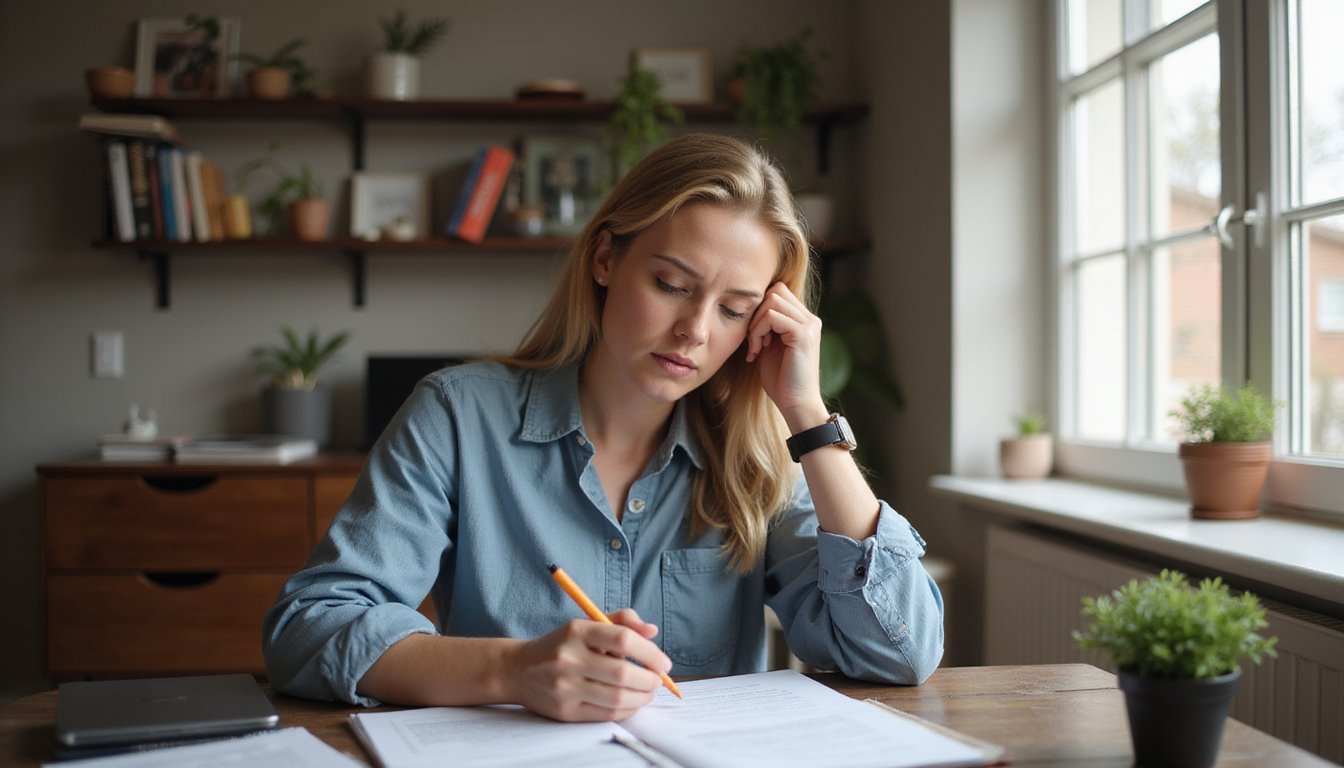
Cognitive Behavioral Therapy (CBT) stands as one of the most scientifically validated approaches for building psychological resilience against anxiety. Through cognitive restructuring techniques and challenging distorted beliefs, you’ll learn to identify and modify irrational thought patterns that fuel anxiety. The practice emphasizes balanced thinking patterns to help reframe negative beliefs into more realistic perspectives.
CBT empowers you to reshape anxious thinking by identifying and transforming distorted beliefs through proven, science-backed methods.
With more than 301 million people globally affected by anxiety disorders, CBT has emerged as a crucial therapeutic intervention. Research shows CBT’s effectiveness through:
- Significant reduction in anxiety symptoms after practicing thought restructuring
- Long-term benefits that persist after therapy ends, with lower relapse rates
- Higher success rates compared to medication alone
- Practical skills that help manage future anxiety triggers
You’ll develop concrete tools to test anxious predictions through behavioral experiments while gradually facing feared situations. The combination of exposure and cognitive therapy has proven particularly effective for various anxiety disorders. This thorough approach strengthens your mental defense system, allowing you to maintain better control over anxiety symptoms and build lasting resilience against future challenges.
Creating Healthy Daily Routines and Habits
Your daily routine’s strongest anchors are your morning and evening habits, which set the tone for managing anxiety throughout the day. Starting your mornings with consistent practices like meditation, gentle movement, or journaling can reduce anxiety symptoms by up to 30% while creating a sense of control and stability. Creating an evening wind-down ritual helps signal your body and mind to shift into rest mode, supporting the high-quality sleep that’s essential for emotional regulation and anxiety management. Regular daily routines have been shown to help with mental adaptation during stressful life events. Studies show that it takes 66 days for a new routine to become an automatic part of your daily life, so patience and consistency are key when establishing anxiety-management habits. If you find yourself suddenly unable to access mental health resources online, remember that many websites employ security solutions to protect their content from cyber threats.
Morning Rituals Matter Most
When establishing effective coping strategies for anxiety, morning rituals serve as a cornerstone for emotional stability throughout the day. By implementing structured morning practices, you’ll create a foundation for sustained energy levels and nutritional balance that supports your mental well-being.
Research shows these morning rituals considerably reduce anxiety:
- Maintain consistent wake times and get 7-9 hours of sleep to regulate your circadian rhythm
- Practice 5-10 minutes of mindful breathing or meditation to reduce anxiety symptoms by up to 30%
- Engage in gentle movement like yoga or walking to promote positive biochemical changes
- Start with a balanced breakfast and proper hydration to stabilize blood sugar and mood
Practicing the 5-5-5 breathing technique can help you start your day with enhanced focus and reduced stress levels.
These evidence-based practices create predictability and order, activating your parasympathetic nervous system and fostering a sense of control that carries throughout your day.
Evening Wind-Down Strategies
While morning routines set a positive tone for the day, evening habits play a comparable powerful role in managing anxiety. You’ll find the most benefit by implementing a structured wind-down period 60-90 minutes before bed, incorporating sensory stimulation techniques, and maintaining strict bedtime routine adherence. Deep sleep quality can be significantly compromised when experiencing anxiety symptoms. Using a weighted blanket can help activate the parasympathetic nervous system and increase serotonin production for better relaxation.
| Activity | Timing |
|---|---|
| Mind dump journaling | 5-10 minutes |
| Progressive muscle relaxation | 10-15 minutes |
| 4-7-8 breathing method | 5 cycles |
Your evening routine should eliminate screens 2 hours before bed and stop consuming caffeine or heavy meals 1 hour prior. Research shows mind dump journaling can reduce sleep onset by 37%. Combine this with environmental adjustments like dimming lights, maintaining cool temperatures, and using calming scents. These evidence-based strategies activate your parasympathetic nervous system, helping move your mind and body from an anxious state to restfulness.
Harnessing Social Support Networks

A strong social support network serves as one of the most powerful tools for managing anxiety. Research shows that people with sturdy support systems experience lower anxiety levels across cultures and demographics. The key lies in both perceived and actual support, particularly from family members, friends, and significant others.
Actively engage with trusted family and friends who can provide emotional comfort and practical guidance
Join support groups or online communities for collaborative problem-solving with others facing similar challenges
Maintain reciprocal relationships where you both give and receive support, as this strengthens the protective effects
Balance online community engagement with meaningful face-to-face interactions when possible
Remember that quality matters more than quantity; focus on nurturing supportive relationships that make you feel understood and validated, rather than trying to maintain numerous superficial connections.
Physical Exercise as an Anxiety Management Tool
Physical exercise stands as one of the most potent natural interventions for managing anxiety symptoms. You’ll find the strongest anxiety-reducing benefits from moderate to high-intensity aerobic activities like walking, running, or cycling, particularly when you maintain a consistent schedule of 20-60 minute sessions three times weekly.
While strength training regimens and high-intensity interval training can help, they’re most effective when implemented gradually and for longer periods. Your anxiety levels may temporarily spike after intense resistance workouts, but they’ll typically return to baseline within an hour.
For ideal results, aim for medium to long-term exercise programs lasting 8-14 weeks or longer. The science shows that regular physical activity improves your mood-regulating neurotransmitters, enhances stress resilience, and advances your overall cognitive function.
Mindfulness and Grounding Techniques in Practice
Mindfulness and grounding techniques form powerful anchors for managing anxiety in your daily life. Research across 19,000 studies confirms these practices substantially reduce anxiety symptoms while activating your body’s natural calming response. You’ll find these evidence-based methods particularly effective through sensory reminders and mental rehearsal.
The 5-4-3-2-1 technique interrupts anxious thoughts by engaging your senses: identify 5 things you see, 4 you feel, 3 you hear, 2 you smell, and 1 you taste.
Body scan meditation systematically releases tension while lowering physiological stress markers.
Progressive muscle relaxation regulates heart rate and eases muscle tension.
Mindful walking combines movement with present-moment focus for immediate anxiety relief.
These accessible tools demonstrate measurable benefits, with studies showing improved mood, cognitive function, and decreased stress indicators across diverse populations.
Natural Ways to Calm Your Mind and Body
Your body and mind work in constant synchronization, responding to both internal and external triggers that can affect anxiety levels. You’ll find that engaging in activities like yoga, deep breathing, or tai chi helps strengthen this mind-body connection while naturally reducing stress hormones. Spending time in nature, whether through forest bathing, gardening, or simple outdoor walks, can lower cortisol levels and activate your parasympathetic nervous system, promoting a state of calm.
Mind-Body Connection Exercises
The intimate connection between mental and physical well-being forms the foundation of mind-body exercises, which have demonstrated remarkable efficacy in anxiety reduction. These evidence-based stress release techniques offer holistic self-care approaches that you can easily incorporate into your daily routine.
Research supports several proven methods:
- Practice mindful breathing for at least 10 minutes, three times weekly, to stimulate your vagus nerve and reduce anxiety symptoms
- Engage in yoga or tai chi sessions lasting 50 minutes, three times per week, for ideal anxiety reduction
- Incorporate progressive muscle relaxation to decrease physiological arousal through systematic tension-release cycles
- Participate in structured mindfulness-based stress reduction (MBSR) programs, which show lasting benefits up to six months post-intervention
When performed consistently, these techniques can greatly lower both psychological and physical manifestations of anxiety.
Nature’s Calming Effects
While mind-body exercises provide powerful internal tools for anxiety management, stepping into natural environments offers a comparable potent external approach to calming both mind and body. You’ll experience significant reductions in stress hormones and blood pressure after just 20-30 minutes in nature, with benefits starting in as little as 10 minutes.
Natural settings promote mental restoration and enhanced cognitive function more effectively than urban environments. You’ll notice improved attention, clearer thinking, and reduced rumination when you spend time in green spaces, particularly forests and wetlands. Even brief nature breaks can alter your brain activity patterns, supporting emotional stability and stress regulation.
For ideal results, aim for regular 10-20 minute outdoor sessions. You don’t need extended periods – short, consistent exposure is enough to achieve meaningful psychological and physiological benefits.
Frequently Asked Questions
How Long Does It Take for Anxiety Coping Skills to Start Working?
You’ll notice an immediate impact within minutes to hours using quick-relief techniques like deep breathing and mindfulness exercises. While these provide short-term relief, gradual improvement in your comprehensive anxiety levels typically occurs over 2-3 weeks of consistent practice. For lasting results, you’ll need at least a month of regular skill application. Your progress may vary based on anxiety severity, chosen strategies, and personal factors affecting adaptation speed.
Can Anxiety Coping Skills Become Less Effective Over Time?
Yes, your anxiety coping skills can become less effective over time due to habituation. Through sustained practice, your brain adapts to these techniques, leading to diminishing returns. You’ll notice this especially if you rely on the same strategies without variation. To maintain effectiveness, you’ll need to regularly update and rotate your coping methods, combine different approaches, and adjust techniques as your life circumstances change. Professional guidance can help refresh your coping toolkit.
Should I Combine Multiple Coping Strategies or Focus on One?
You should definitely combine multiple modalities rather than relying on a singular coping technique focus. Research shows that using varied strategies together (like problem-solving, emotional regulation, and support-seeking) reduces anxiety by 20.3%, while single-approach methods only achieve a 1.4% reduction. You’ll maintain better long-term effectiveness when you mix different techniques, as this approach improves your coping self-efficacy and provides more flexible responses to different types of stressors.
What Role Do Genetics Play in Anxiety Management Effectiveness?
Your genetic factors drastically influence how well different anxiety management strategies work for you, with heritability accounting for 30-60% of anxiety predisposition. You’ll find that your genetic makeup affects how you respond to both medications and behavioral interventions. However, environmental influences can modify these genetic effects. That’s why you might need to personalize your approach, as what works for others may not work as effectively for you due to your unique genetic profile.
How Do Hormonal Changes Affect the Success of Anxiety Coping Techniques?
Your success with anxiety coping techniques can vary drastically due to hormonal fluctuations throughout your menstrual cycle. When your estrogen levels are high, you’ll likely find better results with mindfulness and cognitive strategies due to improved stress hormone regulation. In addition, during low-estrogen phases, you’ll need to adapt your approach as traditional coping methods may be less effective. You might require supplementary support, like hormone-sensitive timing of interventions or complementary treatments, to maintain consistent anxiety management.

